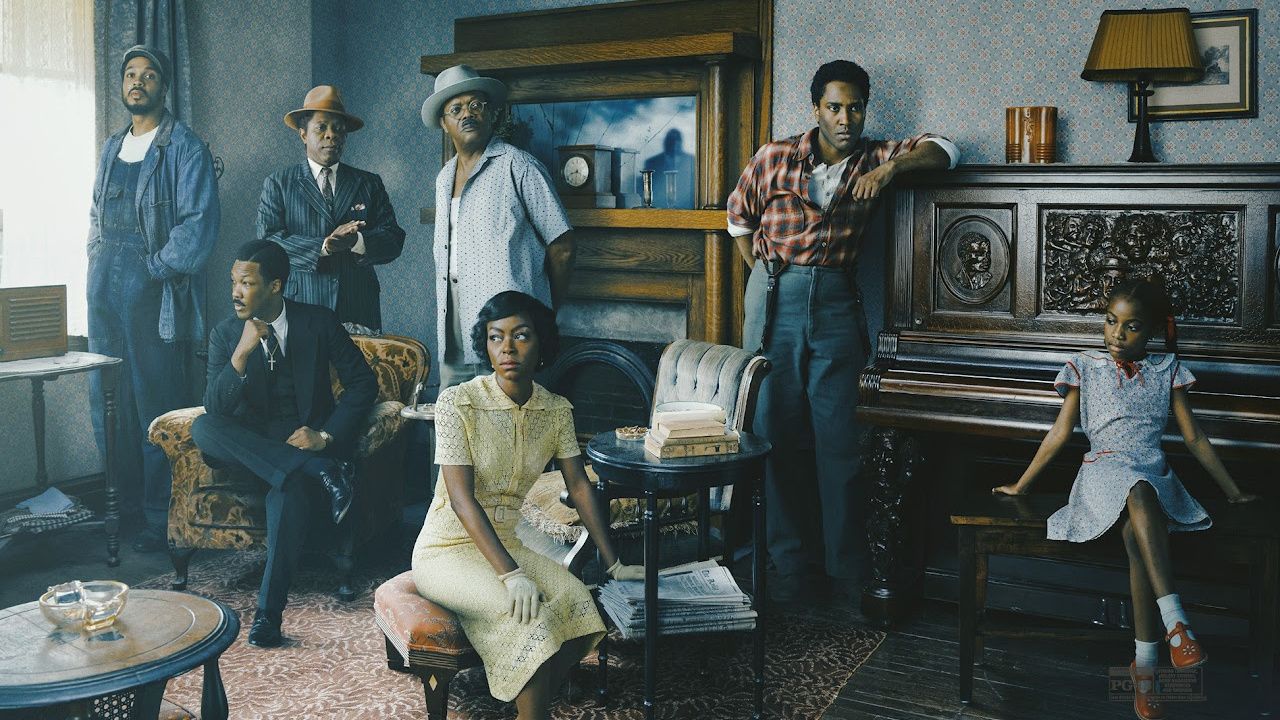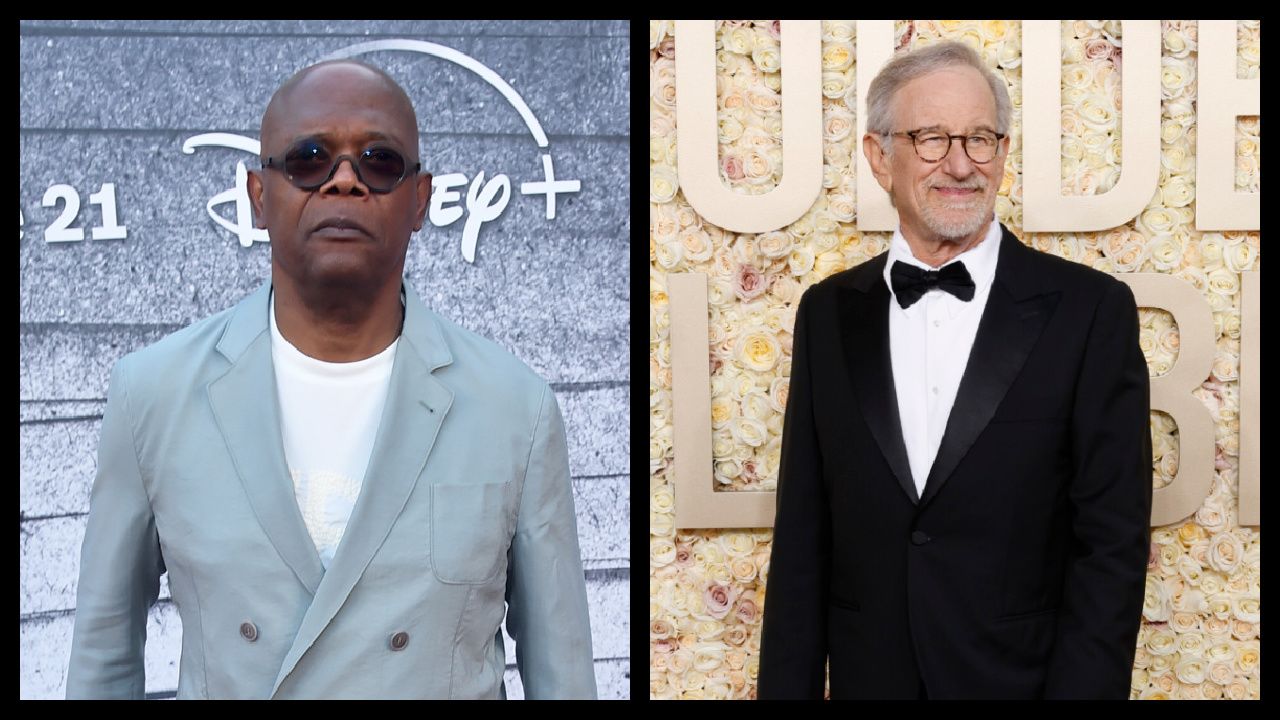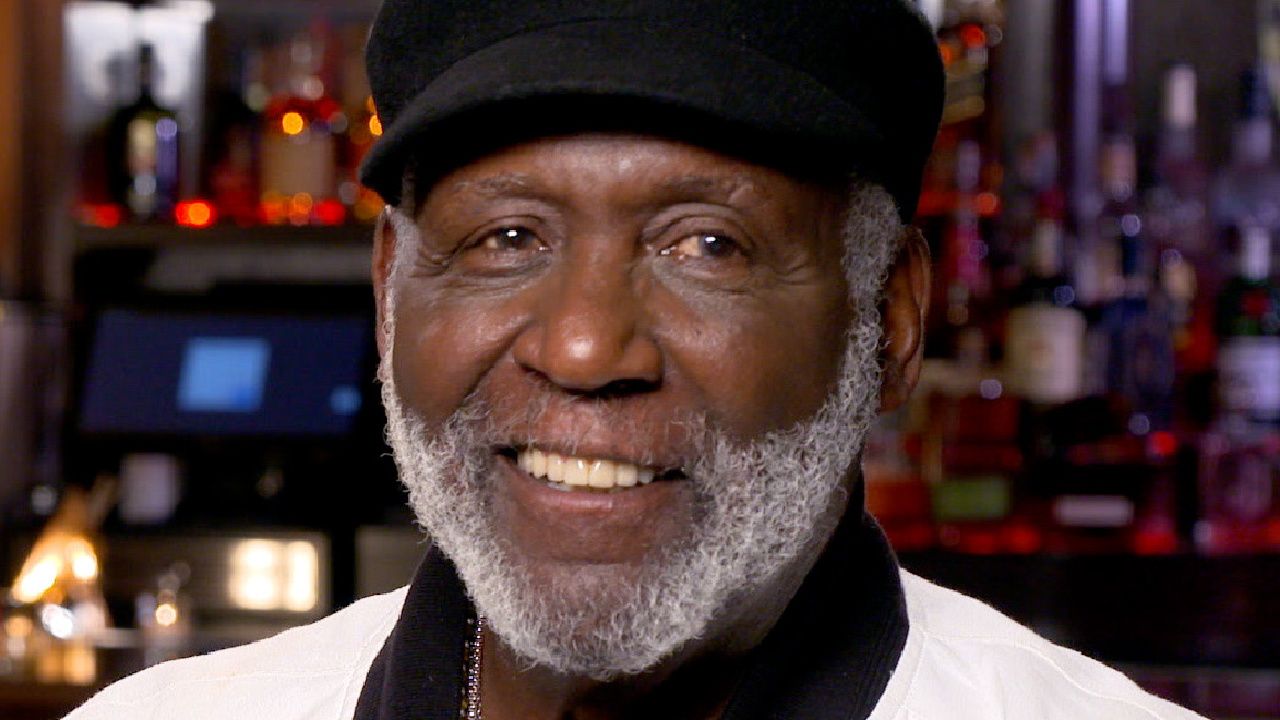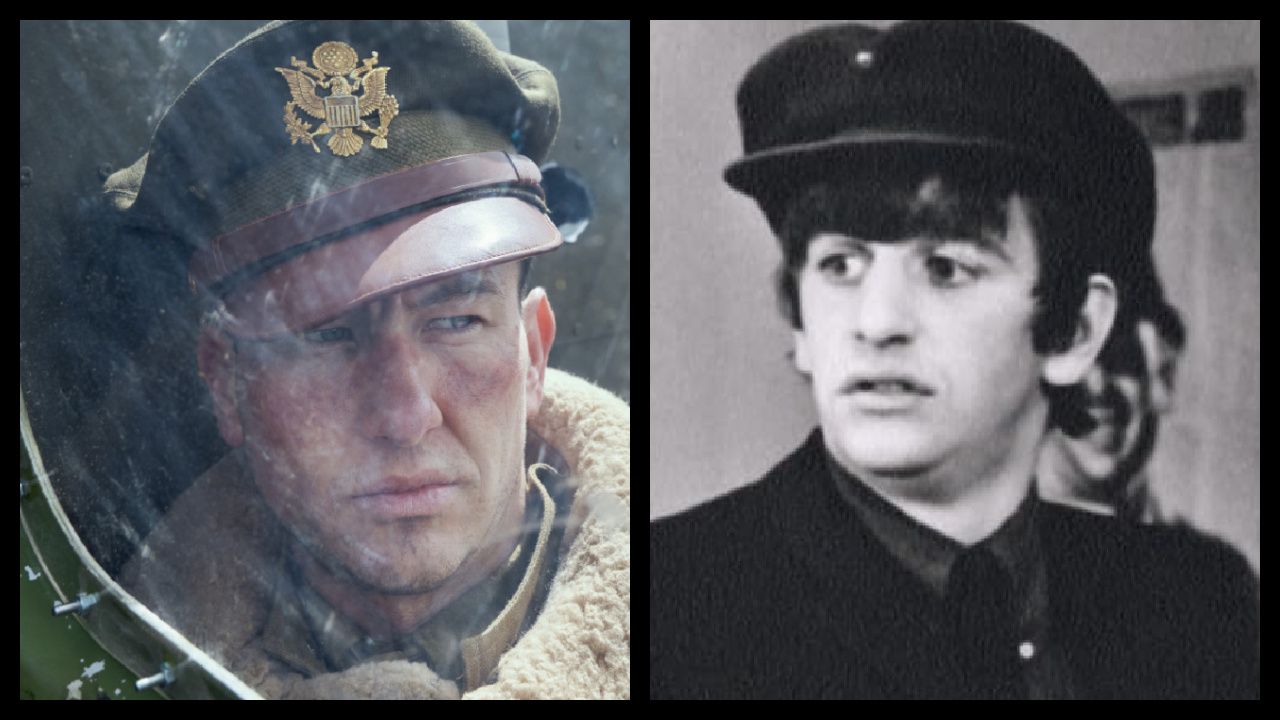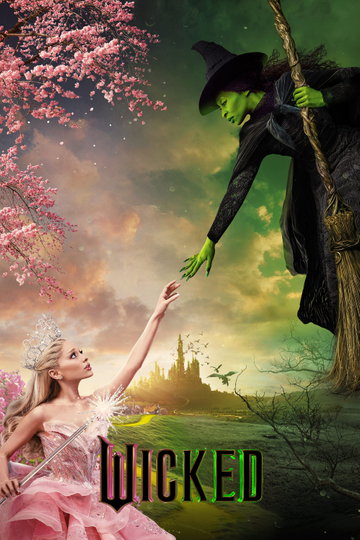Raoul Peck Captures the Powerful Eloquence of James Baldwin in I Am Not Your Negro
I Am Not Your Negro Captures the Power and Elegance of James Baldwin
Samuel L. Jackson may be the narrator of the compelling Oscar-nominated documentary "I Am Not Your Negro," but every word comes directly from the writings of movie's subject, James Baldwin.
A towering literary figure with searing insights about race in America, Baldwin rose to fame in the late 1960s as not only an author but a television personality, one of the few African-American men of letters to appear on television talk shows.
"I Am Not Your Negro" opens with jarring moment from "The Dick Cavette Show" in 1968 when the host asks, "Why aren't Negroes more optimistic? It's getting so much better."
"It's not a question of what happens to the Negro," a weary Baldwin says. "The real question is what is going to happen to this country?"
https://youtu.be/bdeqn2rH9Z4
Director Raoul Peck Uses only James Baldwin's Words in I Am Not Your Negro
For director Raoul Peck, "I Am Not Your Negro" presents Baldwin to a new generation with a message that has lost none of its relevance. And although the film uses traditional documentary film devices, including television clips, still photos and music, Peck captures the power and elegance of Baldwin's writing by using only his words.
"The project was from the start was trying to respond to the question: How do I bring his voice directly to an audience without any person interpreting his words, with no talking heads in the film?" Peck tells Made in Hollywood reporter Rahsan-Rahsan Lindsay. "It was important that the film would also be only his words. I didn't add up anything. It's really pure Baldwin."
This posed technical challenges. "I had to find a form that would allow me to delve into these words back and forth," Peck says. "Of course I use certain historic moments for telling the story, but how I tell it, I had to be totally free. ... It took a long time before we could come to the right format and the right choice of words."
So the film uses not only clips of Baldwin speaking, but Jackson's narration is all from Baldwin. To accomplish this, Peck benefited from total access to all of Baldwin's work, which, he notes, "is rare for a filmmaker."
"Usually, you go the estate and get access to one book or one chapter of the book, not the whole body of work," he says. "It was both something important but at the same time it was a huge responsibility."
James Baldwin's Writings Still Resonate, Says Director of I Am Not Your Negro
In the end, while Peck hopes the film resonates with a wide audience, "I Am Not Your Negro" is a deeply personal movie.
"The inspiration came 10 years ago but Baldwin had been part of my life, part of my work, part of who I am for many, many years," he says. "I read him very early when I was a young man and he never left me. He had been always either in the background or in the foreground."
And never, he says, has Baldwin's work seemed so important, with events in Ferguson and Baltimore and the divisions from the presidential election mirroring the troubles from Baldwin's time (the writer died in 1987 at age 63).
"The motivation to start this particular project came at a time when I felt we were not addressing the right issues, in particular in this country and elsewhere as well," says Peck. "We were not hearing the right voices. The voice of a James Baldwin had somehow disappeared. And I could not understand when I was experiencing how important he was that the new generation basically knew nothing about him. I felt it was an important film to do."













